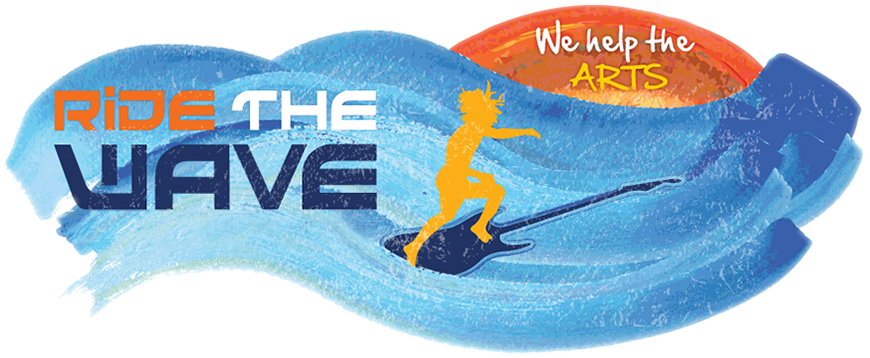"I am often so disappointed when people think that I'm advocating a dumbing down of science. That's not true at all. I'm currently a Ph.D. student at MIT, and I absolutely understand the importance of detailed, specific scientific communication between experts, but not when we're trying to teach 13-year-olds. If a young learner thinks that all viruses have DNA, that's not going to ruin their chances of success in science. But if a young learner can't understand anything in science and learns to hate it because it all sounds like this, that will ruin their chances of success".As we said many times, teachers can make a big difference. Please watch this talk and the one that we will post next by two young inspiring and energetic teachers.
When new friends tell Tyler DeWitt that they hated science classes in school, he doesn't blame them. In this video, Tyler discusses how modern science education has taken a fascinating subject filled with riveting stories, colorful characters, and spectacular demonstrations, and has eviscerated it of its joy, excitement, and intellectual engagement. Science communication should be a narrative, he argues, that draws on analogies, metaphors, humor, and emotional connection. Tyler puts these ideas into action by telling a fun, intriguing story that explains the complex means by which viruses attack their targets. He urges fellow scientists to dispense with jargon, seriousness, and tyrannical technical precision, and to focus on communicating their main ideas through appealing narratives. Tyler DeWitt has taught high school Biology, Chemistry, and English in independent schools in the United States and South Korea, and he has worked as a project manager to develop new K12 science curriculum for the state of Florida. Tyler is currently a Ph.D. candidate in Microbiology at MIT.

No comments:
Post a Comment